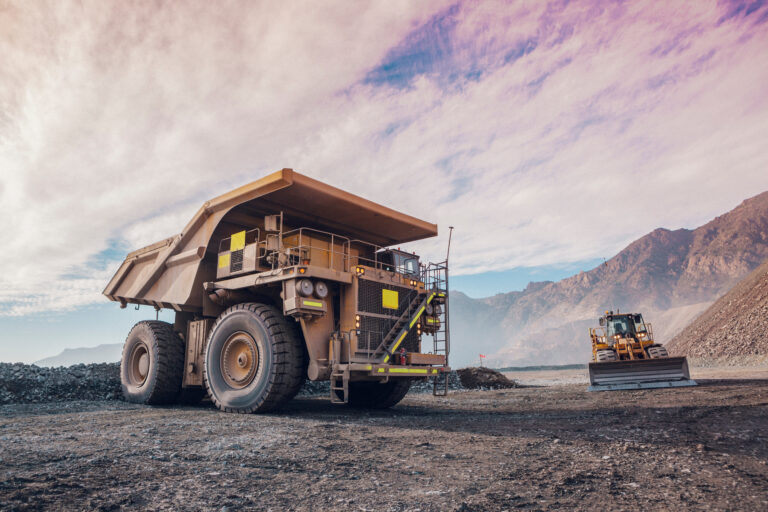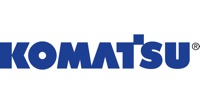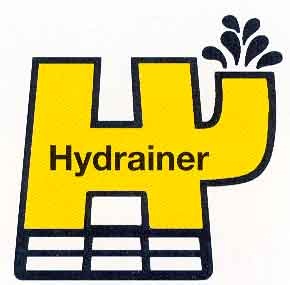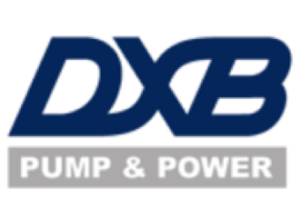What is the impact of poor fuel quality on Cummins engines?
Poor fuel quality can cause a multitude of issues that have detrimental effects on mining operations. One of the most significant impacts is on the engine and its components, as poor fuel can cause unscheduled maintenance issues, such as premature filter changes. Additionally, it can negatively affect the performance of fuel pumps and injectors, which can have long-term consequences for the machine.
Furthermore, poor fuel quality is known to increase the fuel consumption of mining equipment, resulting in significant costs to the customer due to both increased downtime and the need for replacement parts.
By addressing fuel quality issues, mining operators can not only save costs but also ensure the optimal performance and longevity of their equipment, ultimately improving their overall productivity and profitability.
Is poor fuel quality something you see regularly in South America?
Unfortunately, yes, mainly because of the way fuel is stored. Poor fuel storage leads to an increase in water and contaminants in the tanks, which has a very detrimental effect on engines.
A second issue that contributes to poor fuel quality is the complicated delivery process. The process of delivering the fuel to the onsite fuel tanks is a very long and complicated process.
What technology is Cummins looking at to reduce the impact of poor fuel on their engines?
From Fleetguard, which is our filtration line, we have different options of fuel filters for customers, but our best filter is the nanofiltration technology that improves the filter life and the quality of the fuel that reaches the diesel engine.
That said, if the quality of fuel is bad it still becomes an issue.
Has Cummins seen a change in a mine’s attitude to poor fuel since the rise in fuel costs?
The mines have become much more interested. We’ve held several meetings with mines to show them what the impact of poor fuel is on our engines.
We are trying to educate the end customer to get them to understand the importance of improving fuel cleanliness.
What is the reason for Cummins requesting FuelActive to be installed in certain projects?
After conducting a test with a large mining company using our biggest engine, we found that a truck equipped with FuelActive completed 500 target hours during a recorded pollution event with no loss of power or impact on performance, while another truck without FuelActive required two filter changes and experienced several fault codes and power loss.
FuelActive protected the fuel system, reducing total cost of ownership by avoiding filter and component replacements.
What technology is Cummins looking at to reduce the impact of poor fuel on their engines?
From Fleetguard, which is our filtration line, we have different options of fuel filters for customers, but our best filter is the nanofiltration technology that improves the filter life and the quality of the fuel that reaches the diesel engine.
What do you see the short-term future is for diesel and the movement towards electric and Hydrogen?
In the short term, we expect to see the introduction of Tier 4 Final engines in Chile, mainly due to the increase in taxes that the government will impose on emissions.
We are working with HVO, in fact we have engines that are operational on 100% HVO. This has a massive reduction in CO₂.
Our main partner, Komatsu, is also working on the development of hybrid diesel engine plus trolley technology to reduce diesel consumption and greenhouse gas emissions globally and is expected to soon test this technology in South America.
Longer term, in 2030 we expect to offer through a joint venture with Komatsu a mining truck with Hydrogen technology.


 Expert Insight 01 | Cummins
Expert Insight 01 | Cummins








